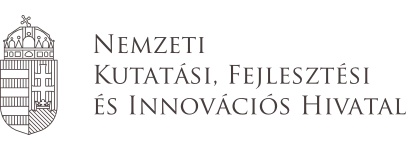Hungarian Centre of Excellence
for Molecular Medicine
for Molecular Medicine
HCEMM-USZ Functional Cell Biology
and Immunology
Click Hereand Immunology
HCEMM-BRC Single Cell Omics
Click Here HCEMM-SU In Vivo Imaging
Click Here


909067
HCEMM-USZ Functional Cell Biology and Immunology
HCEMM-BRC Single Cell Omics
HCEMM-SU In Vivo Imaging
Scientific Computing








